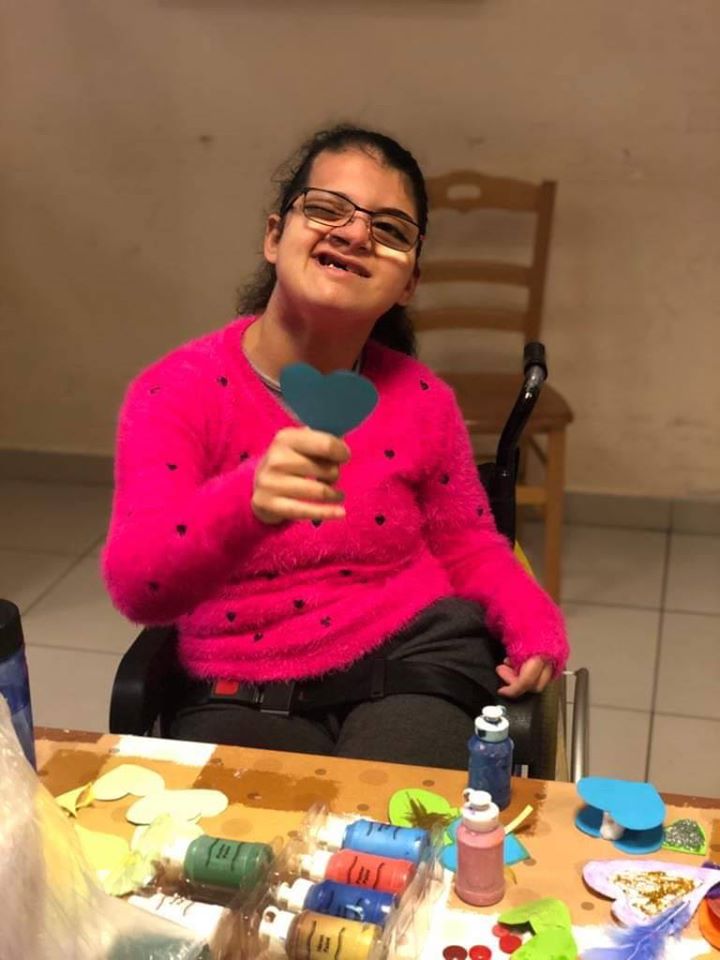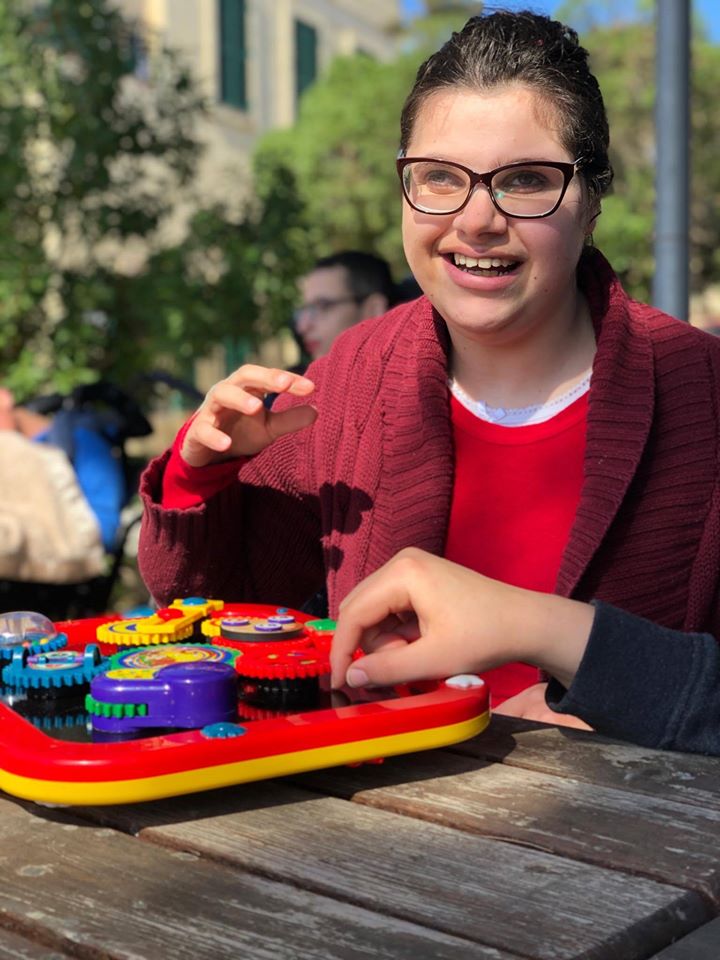
The importance of respite care services
by Silvan Magro, Administrator – Dar il-Kaptan
There is a priceless value in looking after a disabled person. Yet, as in many other aspects in life, there are two sides to the coin. There is a positive side and a negative side; this because the gesture of love brings with it a heavy burden on those who look after the disabled person.
The curator may feel tired due to the additional responsibilities being borne. Thus, very often we note that the person looking after the individual feels under stress or even devoid of physical or mental energy.
Therefore, the respite care services, which resume on Friday after the pause brought on by the COVID-19 pandemic, offer a break to the persons who look after family members or friends with disability; the primary aim is for the curators to regain their energy and regain balance in their personal life. Because this balance is essential.
For those who are new to the concept of respite care, in simple terms, this is a temporary service through which, in a planned way, the person responsible for a person with disability can take a break from the daily routine. On the other hand, during this definite period, the person with disability can continue the daily routine while receiving holistic care from the dedicated staff at Dar il-Kaptan.
The main idea is that while the person with disability is benefiting from the service, the curator has time to rest and focus on matters that are normally set aside because of the responsibilities towards the person with disability. While the person with disability is at Dar il-Kaptan, we try to see that as much as possible children continue to attend school and adults who work will continue to do so without interruption.
Research confirms the need for respite care services because it is normal for persons who are looking after a person with disability for a length of time to feel that their life is crumbling around them. It is understood that stress brought on by the responsibility of care affects the curator’s rest.
This lack of rest can lead to emotions of anger both towards the individual in their care as well as to other family members. It is worth mentioning that when a person with disability is receiving respite care, the curator benefits from a time of rest that helps him/her feel better, calmer and more energetic. The more the curator looks after himself/herself, the better it is for the relationship with the person with disability.
Apart from the advantages of respite care, there are a number of challenges, like for example that the curator may find it difficult emotionally to accept the fact that he/she must leave a dear person for whom he/she is responsible in the hands of strangers. The curator may experience a sense of loss, guilt and worry.
To overcome these uncertainties, that may hinder the process for respite care to begin, Dar il-Kaptan sees that the introduction of respite care services happens gradually. These are offered for a few hours during the day at first and then overnight. The professionals maintain contact with the family, even though meetings; in this way, they get to know the individual well so that the person can feel more secure.
So, if you feel that you need this service, we encourage you to contact Dar il-Kaptan by calling 21450103/4 to make an appointment.
- July 2, 2020 No comments Posted in: Volunteers Tags: Il-Kaptan













